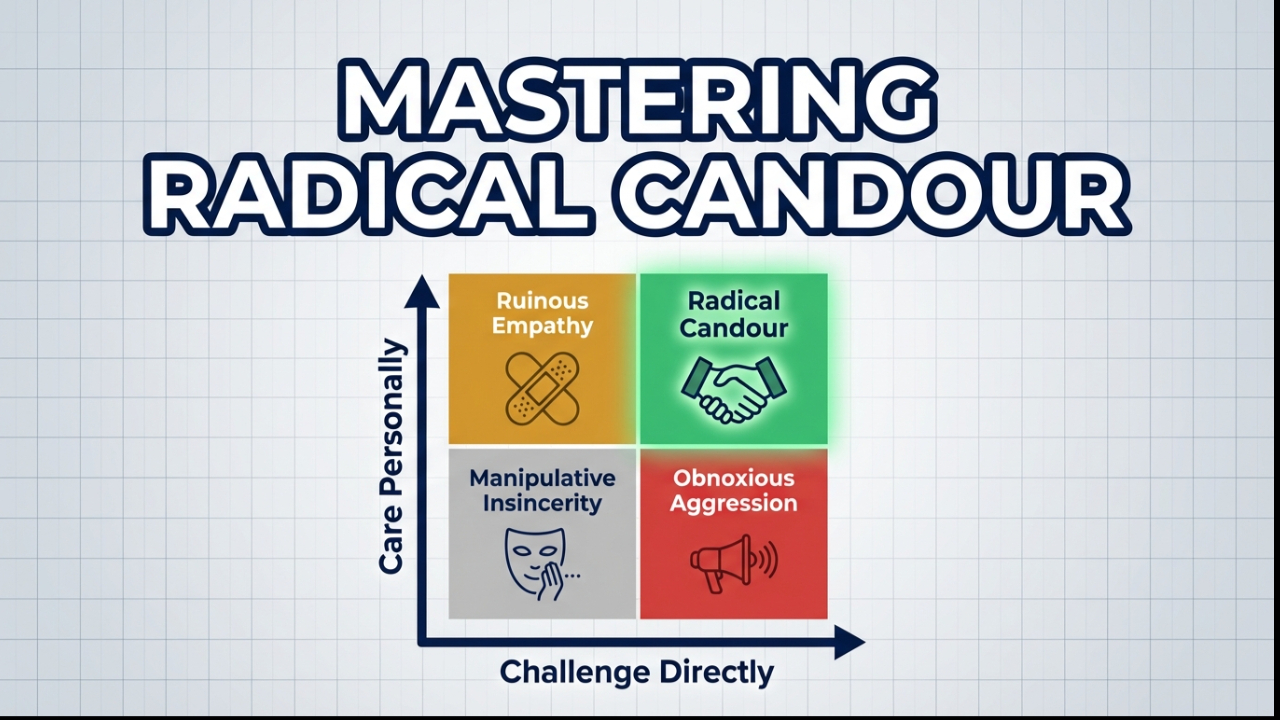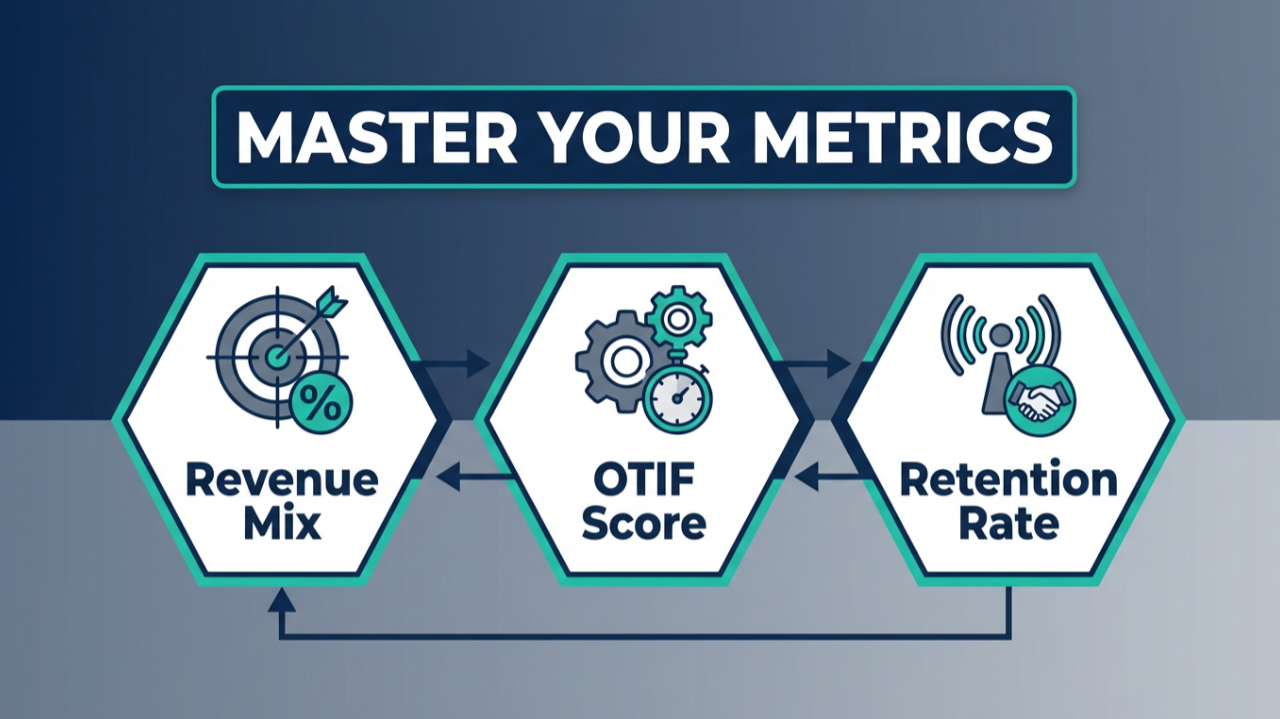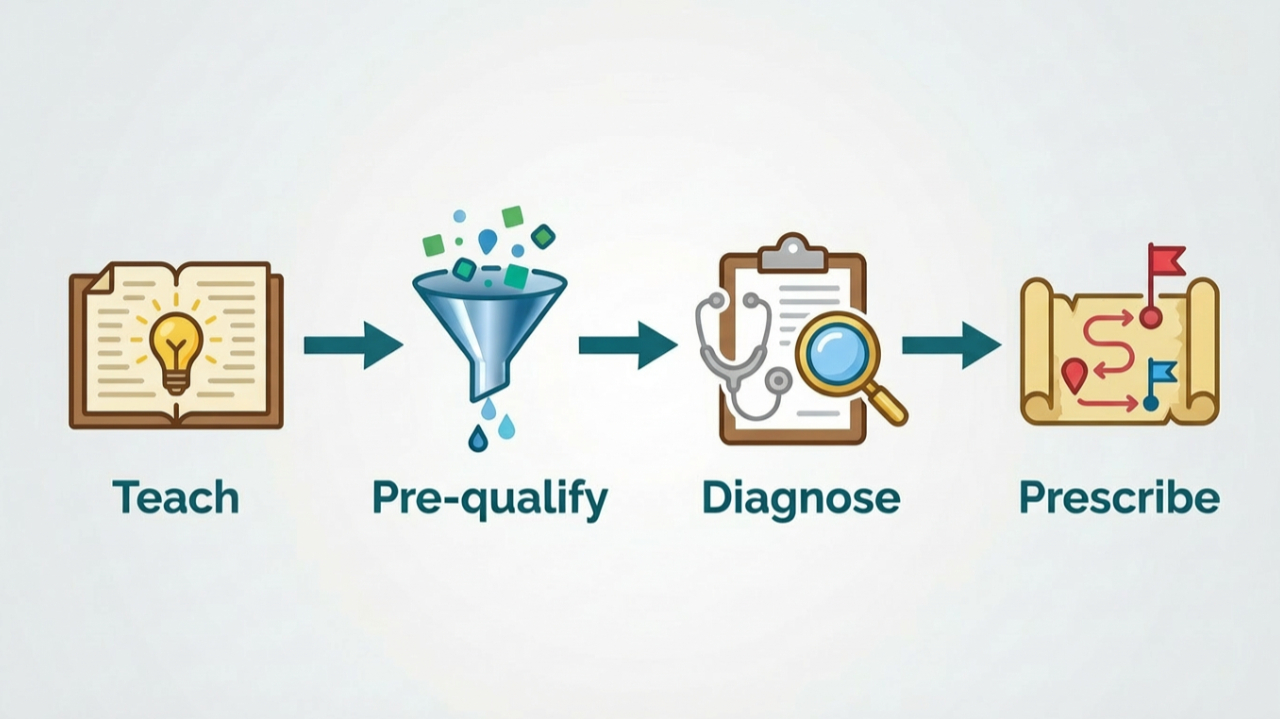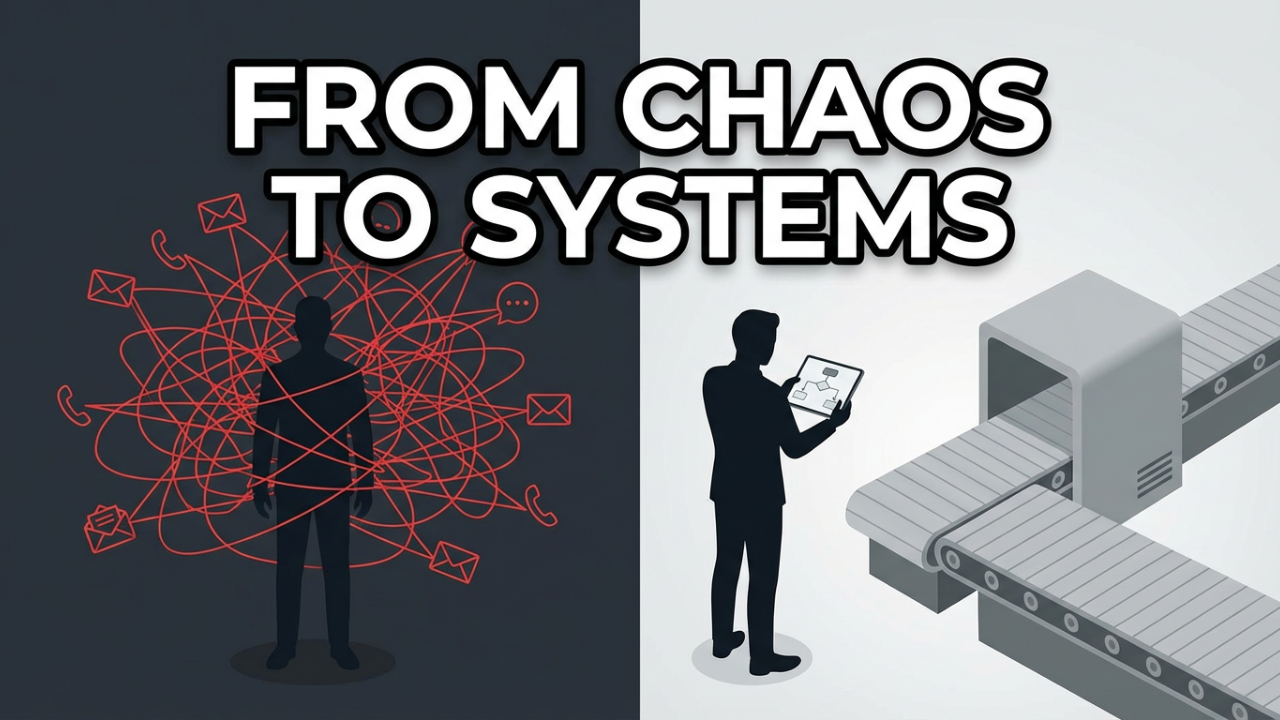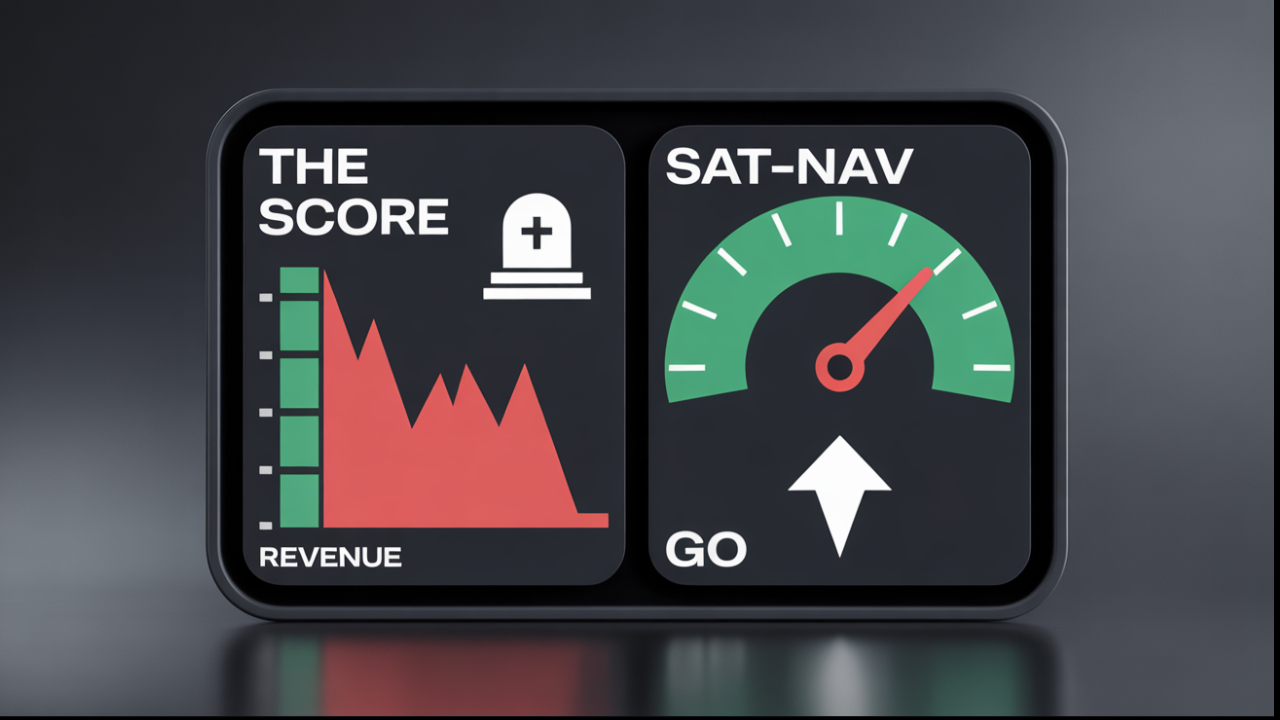Time Management and Productivity Tips
Time Management and Personal Productivity Is How We Become Effective and Efficient In What We Do
Time Management Tips for Productivity
Time management is simply life management—you can manage your emotions, energy, productivity and priorities, the actions you do and defer or delegate. You manage what you accept or reject into your life.
We all have 24 hours in a day and 168 hours in a week. We can't choose to have more time than that, but we can choose how we use it.
Activity Sampling
An old Time Study Technique – create and excel spreadsheet with Monday to Sunday in a column (separate cells per day of the week), across the rows create a timeline in 15-minute chunks for let’s say 15 hours.
Now create W for work, E for Email, M for Meeting, R for Rest, S for social media as a key, now every 15 mins clock what you’ve actually worked on and code it, be brutally honest with yourself.
Now you can analyse what time is spent where, you can break it down further with codes if need be. You may also see patterns where you do your most work, when your least on it. High Energy-Low Energy Times of the day, you can then match in your Revenue Generating Tasks / High Cognitive Work to those High Energy Times slots.
Pebbles and The Jar Exercise
Story has it that a teacher teaching a class filled a Jar with Rocks and asked the class ‘if the jar was full?’
They all said ‘yes’.
The teacher then tipped some small pebbles in and shook the jar, so the pebbles filled the gaps between the rocks, he then asks again ‘is the jar full?’
the class replied ‘yes’.
The teacher then tipped some sand in and filled up all the tiny little gaps between the Rocks and Pebbles, he then asked again ‘is the jar full’,
the class shouted said yes.
The teacher agreed and said, the jar represents your life, the rocks are the equivalent to the most important projects, objectives and experiences your have in life, such as spending time with family, health, etc.
The pebbles represent the things in life that matter, but you could live without, like your career or business, house, hobbies, and friendships, they all give meaning to your life, but they’re not critical.
The sand represents the remaining filler things in your life, material possessions, TV, PlayStation, Admin tasks, all the distractions, these don’t really mean much but can often consume or waste time for too little happiness or fulfilment.
This metaphor the teacher used means, if you start with putting sand into your jar, you won’t have room for the rocks or pebbles, if you do this, you’ll spend all your time on the little insignificant things, and not on the important rocks and pebbles.
The 80/20 Rule (Pareto Law)
Time is money, and we all want to get the most out of our time. So how do we do this?
One of the most useful but underutilised techniques to manage your time and life management is called the Pareto Principle or Law of the Critical Few. According to this principle, 20% of our actions will deliver 80% of the results, so take the rocks and pebbles in the previous analogy and apply the 80/20 rule to them—we know that 20% of those big rocks and pebbles will deliver 80% of the results. What we generally do is work on the 80% and procrastinate on the 20%, which are usually our most valuable tasks.
So how do we take advantage of this principle? First, dig deep into yourself and find out what your 20% really is—it will likely be something that you're procrastinating about! Then, work on it first thing every morning—or at least before anything else gets in your way—and watch your productivity skyrocket!
Plan Every Day in Advance
Planning is the key to a success, and it's only getting more important. As the world becomes more complex and demanding, you'll want to make sure you're prepared for whatever comes your way.
The best way to prepare for anything is by planning ahead. A little bit of planning can go a long way toward saving you time and energy in the long run. For every minute spent in planning saves as many as 10 minutes in execution, the old analogy ‘Proper Planning Prevents Piss Poor Performance’.
You’ve got your Rocks and Pebbles list, you’ve applied the 80/20 rule to them for prioritisation, now plan them in in advance, for the day, week, month.

